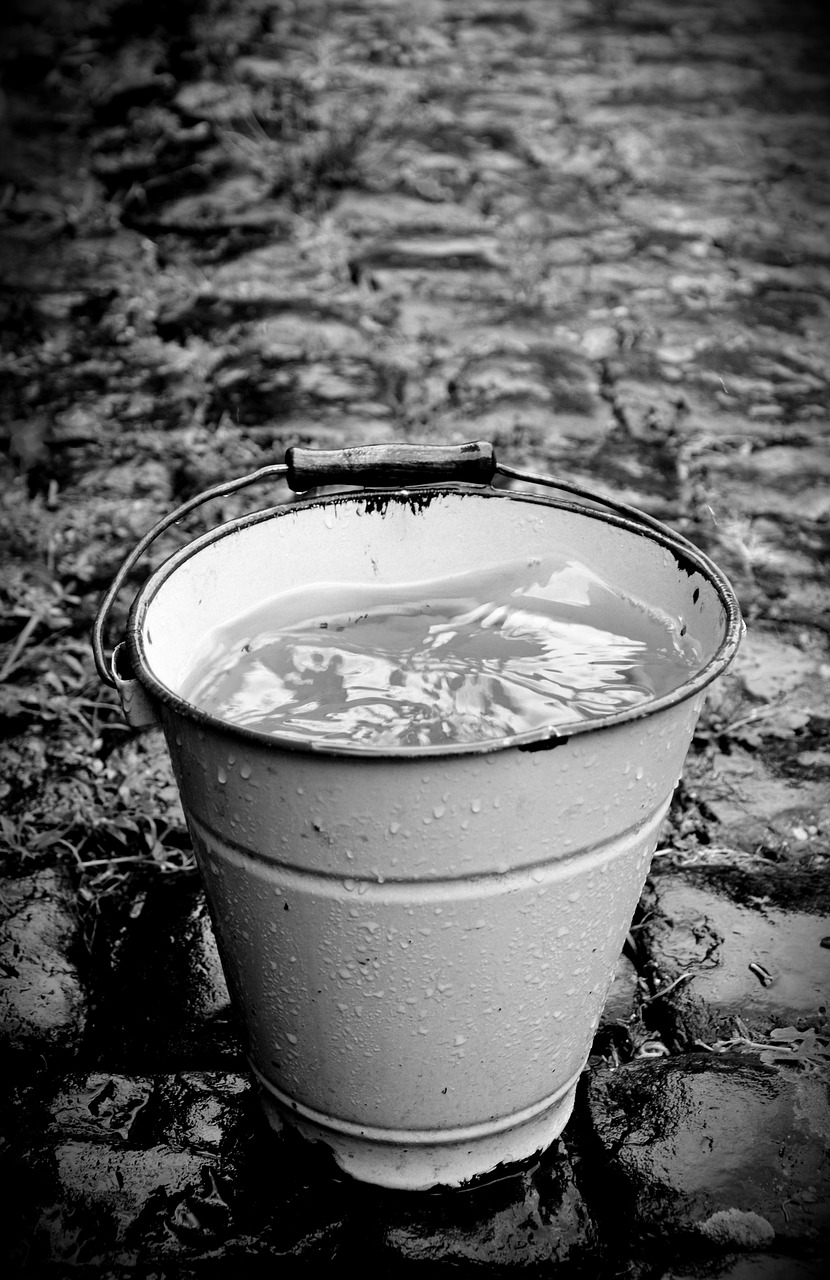Handling irrigation and practicing water conservation in West Texas is of utmost importance due to the region’s arid climate and limited water resources. Efficient water management not only helps maintain healthy landscapes but also contributes to sustainability and responsible environmental stewardship. Here are some strategies and practices for handling irrigation and water conservation in West Texas:
Use Drought-Tolerant Plants
Choose native and drought-resistant plant species that are adapted to the arid conditions of West Texas. These plants require less water to thrive and are well-suited to the local climate.
Xeriscaping
Implement xeriscaping principles in your landscape design. Xeriscaping involves designing landscapes that require minimal water, relying on drought-tolerant plants, mulch, and efficient irrigation.
Efficient Irrigation Systems
Install modern, water-efficient irrigation systems such as drip irrigation or soaker hoses. These systems deliver water directly to the root zones of plants, minimizing evaporation and runoff.
Consider using smart irrigation controllers that adjust watering schedules based on weather conditions and soil moisture levels.
Mulching
Apply mulch around plants and in garden beds to help retain soil moisture, reduce evaporation, and suppress weeds. Organic mulches like wood chips or compost are excellent choices.
Proper Timing
Water your landscape during the cooler parts of the day, such as early morning or late evening, to minimize water loss due to evaporation.
Group Plants by Water Needs
Group plants with similar water requirements together in your landscape. This allows you to water different zones according to their specific needs, rather than overwatering or underwatering the entire landscape.
Rainwater Harvesting
Consider installing rain barrels or cisterns to collect rainwater from rooftops. This harvested rainwater can be used for irrigation during dry periods.
Soil Preparation
Improve soil quality by adding organic matter. Well-amended soil retains moisture more effectively and allows for better root development.
Regular Maintenance
Periodically inspect your irrigation system for leaks, clogs, or other issues that may result in water wastage. Repair any problems promptly to ensure efficient water use.
Landscape Design
Design your landscape to minimize the need for excessive watering. Use hardscape features, like gravel paths and patios, strategically to reduce the amount of irrigated turf or plantings.
Education and Awareness
Educate yourself and your community about the importance of water conservation. Promote responsible water use practices among neighbors and local organizations.
Local Regulations
Familiarize yourself with local water conservation regulations and restrictions. Comply with any water use guidelines set by local authorities.
By implementing these practices and adopting a proactive approach to water conservation, you can help preserve precious water resources in West Texas while still enjoying a beautiful and sustainable landscape. Additionally, seeking advice from local agricultural extension offices or landscaping professionals with knowledge of the region’s specific conditions can provide valuable insights and guidance for effective water management.

Be The First To Comment